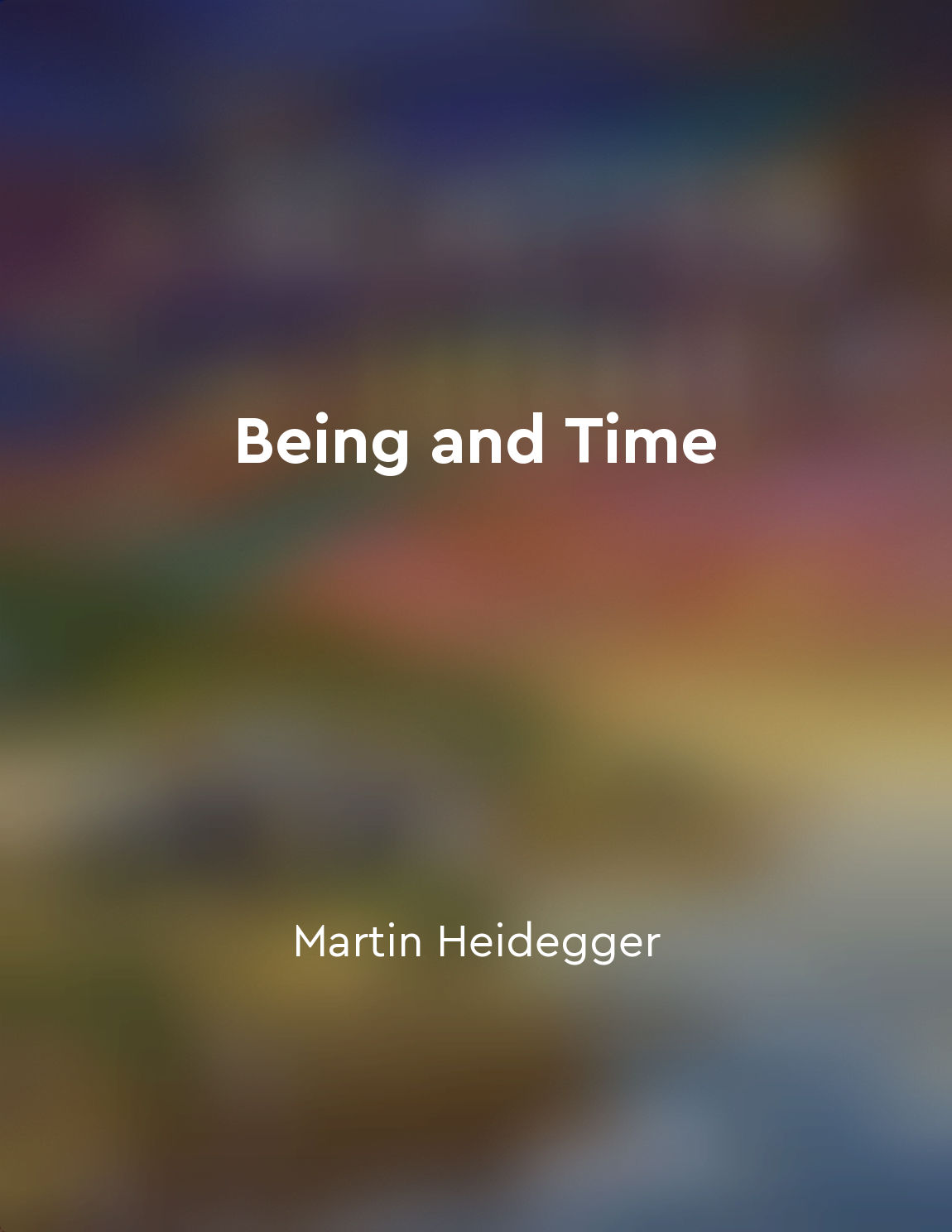Patients have the right to make endof-life decisions from "summary" of How We Die by Sherwin B Nuland
It is a fundamental human right to have control over one’s own body and life, even in the face of death. In a society that values personal autonomy and individual freedom, it is only logical that this right extends to the decisions we make at the end of our lives. The ability to choose how we want to die, whether it be through aggressive medical interventions or through palliative care, is a deeply personal and intimate decision that should be respected and upheld by medical professionals and society at large. End-of-life decisions are not easy to make, and they are often fraught with emotional and ethical complexities. However, it is essential that patients are given the space and support to make these decisions for themselves, free from outside pressure or interference. This includes the right to refuse treatment, to choose comfort care over life-prolonging measures, and to make advance directives outlining their wishes for end-of-life care. By empowering patients to make these decisions, we affirm their dignity and humanity in the face of mortality. It is a way of acknowledging their autonomy and agency, even when they may be at their most vulnerable and dependent on others for care. This respect for patients’ autonomy extends beyond just medical decisions; it is a recognition of their personhood and their right to self-determination in all aspects of their lives. When patients are allowed to make end-of-life decisions for themselves, it can lead to a sense of peace and acceptance in their final days. It allows them to maintain a sense of control and agency, even as they confront the inevitability of death. This sense of empowerment can also ease the burden on loved ones, who can take comfort in knowing that the patient’s wishes are being honored and respected.- Honoring patients’ right to make end-of-life decisions is not just a matter of legal or ethical obligation; it is a matter of basic human decency and compassion. It is a way of showing respect for the autonomy and dignity of individuals, even as they navigate the most difficult and profound moments of their lives. By upholding this right, we affirm the inherent value and worth of each person, even in the face of death.
Similar Posts
Emotions should be embraced
It is a common belief that emotions should be suppressed, controlled, or ignored in order to maintain rationality and logical t...

Existential guilt arises from our failure to live authentically
Existential guilt emerges as a fundamental aspect of our being, stemming from the inauthentic way in which we navigate our exis...
Death is not to be feared but to be embraced as a profound mystery of life
Death is not something that happens to you. It is something that happens to everyone and everything. It is a natural process th...

